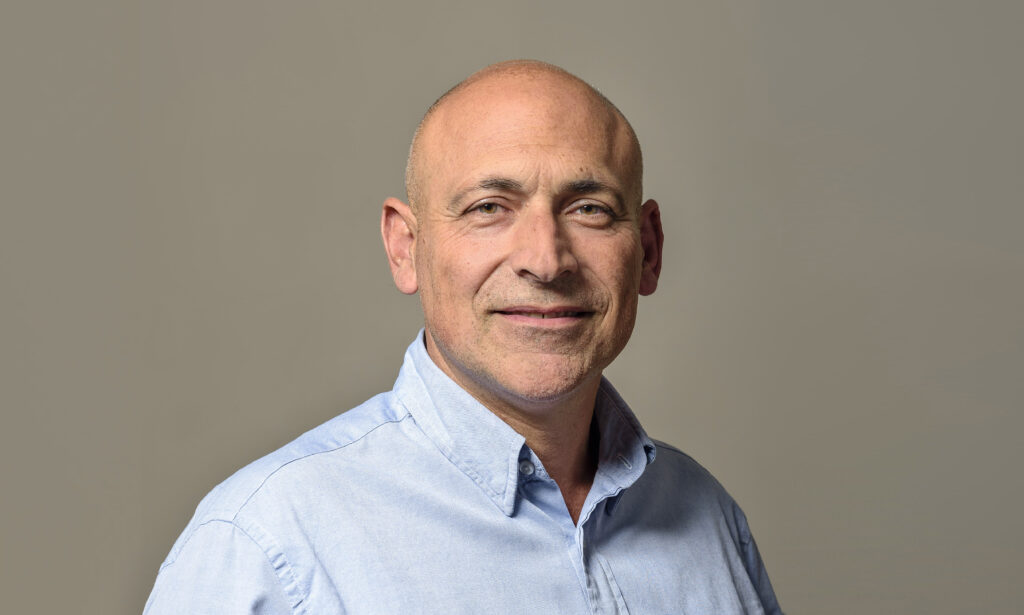Nuno Bicho, researcher at the Interdisciplinary Center for Archeology and Evolution of Human Behavior (ICArEHB) at the University of Algarve, won a research grant of 2,5 million euros from the European Research Council (ERC) Advanced Grant, to «investigate the dynamics of first migrations from Homo sapiens in and from Africa”.
This is the third ERC grant that ICArEHB has won this year, totaling €6,5 million. This is, moreover, the first time that, in the same year and in any scientific area, a center of this size has managed to obtain three grants, one in each type (ERC Starting Grant, ERC Consolidator Grant and ERC Advanced Grant).
In the case of the grant now guaranteed by Nuno Bicho, it has a duration of five years and «aims to support leading researchers of excellence, with recognized scientific leadership in their field of investigation».
In addition to investigating the dynamics of the first migrations of the Homo Sapiens, this funding will also seek, from archaeological data, to prove that the human populations of Southern Africa were the genesis of the migration of our species from Africa, about 70 thousand years ago.
To test this hypothesis, explains Nuno Bicho, «the project brings together a wide range of international researchers, in addition to eight new elements, four PhD researchers and four PhD students. The work will take place in the Limpopo and Save river basins in central Mozambique, an area that mediates the two key regions for the emergence of our species, namely Southern Africa and East Africa.”
This project, called “Dispersals” will therefore be «crucial in providing innovative and high-resolution archaeological, chronological and paleoenvironmental data».
This research “will provide a fundamental new perspective on the processes related to the first migrations and dispersions of our species on the African continent and beyond and that resulted in the human diaspora across the planet in the last 100 thousand years”.
The ICArEHB researcher was one of 253, among the 2652 presented, to receive funding from the ERC Advanced Grant, which distributed a total of 624,6 million euros.
As for the fact that this is the third grant won this year by the UAlg research centre, Nuno Bicho considers that «the most important thing is the recognition of this fact, which allows placing the ICArEHB at the center of scientific, archeology and evolution world level”.
This recognition, says the researcher, «makes the Center particularly attractive for students and researchers, because, in addition to being able to obtain funding, our success rate is 100% in these ERC grants. We can, therefore, serve as an example for other national and international centers and researchers».
The researcher believes that these grants will contribute to making the University of Algarve and ICArEHB a center of excellence in archeology. “The success in obtaining the three grants in 2021 confirms the ICArEHB as the center of excellence that the Fundação para a Ciência e Tecnologia (FCT) had already recognized in its two previous evaluations”, he says.
Nuno Bicho also recognizes that «the grants awarded to ICArEHB will allow the three researchers responsible to work in science without financial worries for five years, with permanent and stable contracts».
In addition, he concludes, «they will enable the expansion of the Center, through the hiring of close to a dozen new researchers of international quality and, in many cases, with specializations that are unique in the country, as well as an identical number of students with PhD grants. ».
On the importance of the ERC grants, Maria Leptin, President of the European Research Council, congratulated all the winners, stressing that “it is essential to fund cutting-edge research to keep Europe at a cutting-edge scientific level”.
The European Research Council supports and funds pioneering projects and researchers at progressive stages of their careers. Established by the European Commission in 2007, it operates in accordance with the principles of scientific excellence, open science, autonomy, efficiency, effectiveness, transparency, responsibility and research integrity ensured by the European Commission.




















Comments